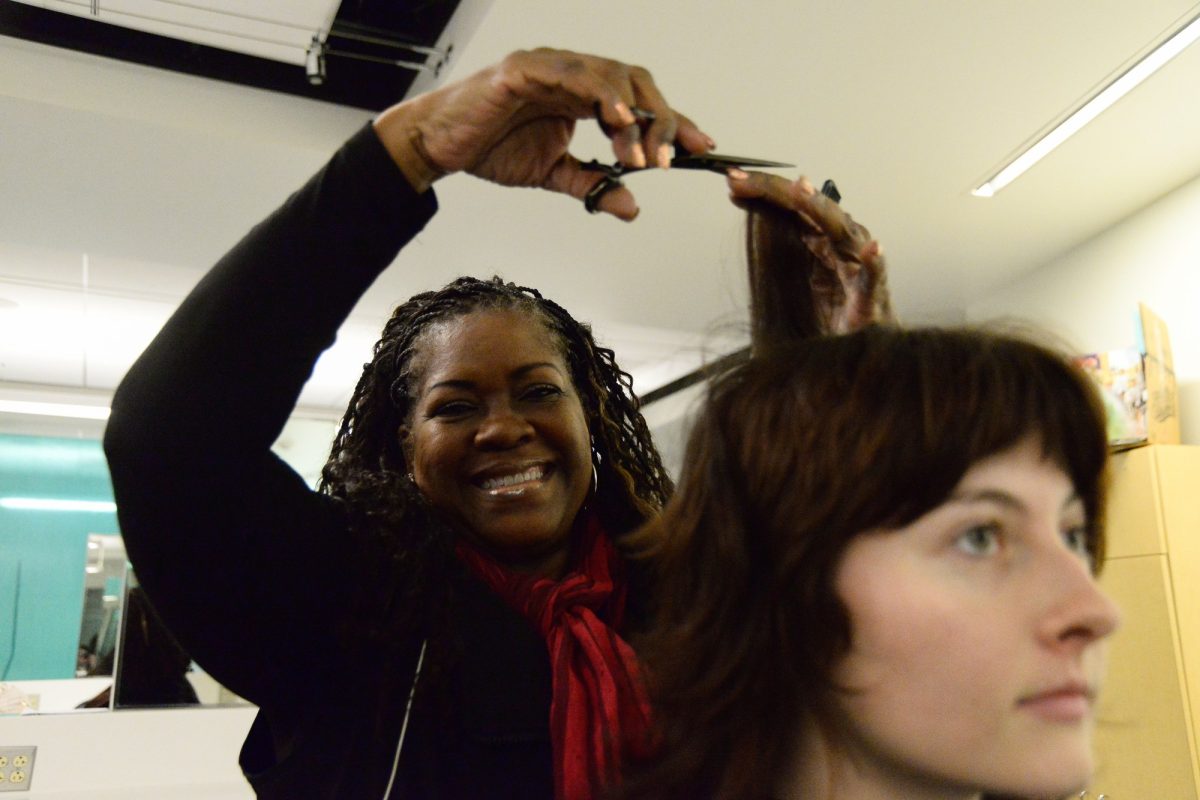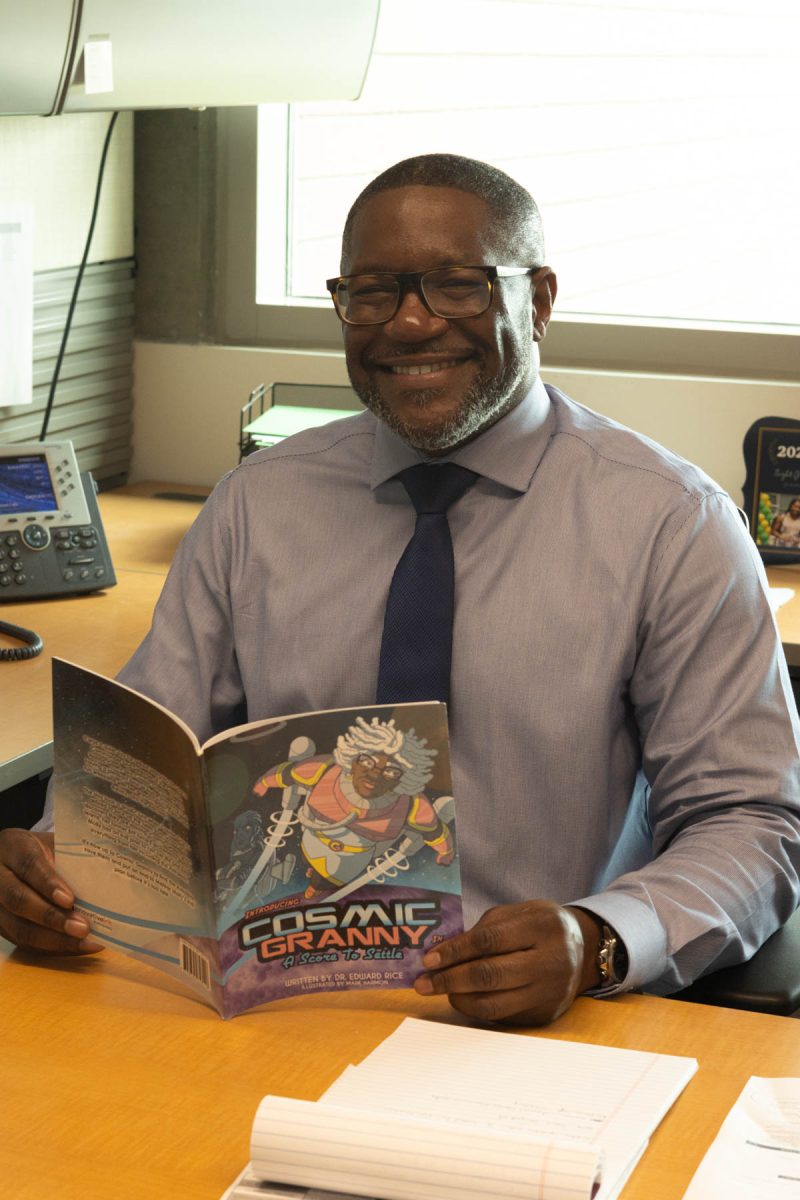She felt bad when her cell phone rang during the class. Haruko Kata, general study major, reluctantly answered her phone with a feeling of embarassment.
When cell phones first became popular, students brought their cell phones to class, grabbed them when ringing, ran out of the door and talked for a while.
“That was a really bad behavior,” anthropology professor Blair Gibson said. “That created a disturbance in a class and everybody suffered from it.”
However, as students have become more aware of manners when it comes to the use of cell phones, their behavior has improved.
“I’ve never seen anyone actually talking on a cell phone during class since the first year of cell phone came out,” Gibson said.
Kata said she usually turns off her cell phone before classes start, but forgot to do so one time.
“I got everyone’s attention in the class when my cell phone rang,” Kata said. “I just turned it off right away.”
Kata said that it doesn’t bother her much when other’s cell phones go off in class because most of students turn off their cell phones or keep them on vibration mode in a class after they go off.
“I don’t mind others using cell phones if they’re just ringing,” Kata said. “But if people have conversations, my attention goes there. That’s distracting.”
Lai Le, computer graphic major, said he finds it humorous when he sees people pretending that their phone calls are not theirs during a class.
“It’s kind of funny to me because people try to ignore a phone call during a class and let it go away even when they know that’s theirs, but the other person keeps on trying to call them,” Le said. “I think people are embarrassed to pick it up in a class.”
Le said he turns off his cell phone before class.
“Sometimes I forget to turn it back on after a class. Then when I turn it on, I’ve missed a whole bunch of calls,” Le said.
Le’s new cell phone vibrates for the first two rings then starts making noise. He can catch a call while vibrating and has never experienced an embarrassing moment due to that function even when he forgets to turn it off before a class.
As the technology of cell phones has improved, such as text messaging or games, professors might have to make their lectures more intriguing to students.
“One person in my class was making noise so loud for a while when playing with his cell phone and that was annoying,” Kata said. “I think professors have some responsibility for students not to play with a cell phone because if their lectures are not dull, students won’t play with a cell phone.”
It is often written on syllabus that students should turn off their cell phones during class time.
“A cell phone ring interrupts a lecture,” Gibson said. “When it rings, I lose where I am and have to regain my composure. It is annoying.”
“I would be in favor of banning cell phones from a class because it’s distractiing,” Gibson said. “Even people who are aware of how distractiing they are, still forget to turn them off and they go off during a class.”
The most frequent cell phone use is among youth such as college students.
“I think especially young people feel secure when having a cell phone. It’s sort of like a security blanket,” Gibson said. “It seems like the higher actual status one has, the less he or she uses a cell phone. People who are at the intermediate status level, use cell phones a lot.”
In earlier days, using a cell phone made people seem to be important.
“In films, characters who are seemingly important use cell phones. You see it as a kind of mechanism or devise to accentuate that they are a powerful person when talking on the cell phones,” Gibson said.
In America, sociability such as having a lot of friends and acquaintances is highly valued. Gibson said he believes that it possibly might be the reason why Americans use cell phones a lot.
“A cell phone is a kind of sign of someone’s friendship circle or the number of people they contact with. People possibly think it makes them look more sociable if they are seen using a cell phone in public,” Gibson said. “There is a psychological dimension in using the cell phone.”
In public, people often see somebody talking over a phone, but not paying attention to others.
“It’s kind of interesting that people apparently don’t care about other people listening to their conversation. They actually want people to see them talking to somebody else in public,” Gibson said.
Widespread use of cell phones has changed the concept of individual privacy.
“Privacy is a very strong value; at least it used to be, but it seems that people don’t care much about the privacy of cell phone conversations,” Gibson said. “I think privacy is not valued that much when it comes to phone conversations.”
A cell phone has changed the way to communicate with others, and it certainly has had an impact on people’s lives.
“People crave for a cell phone and are looking forward to having a conversation,” Gibson said.








